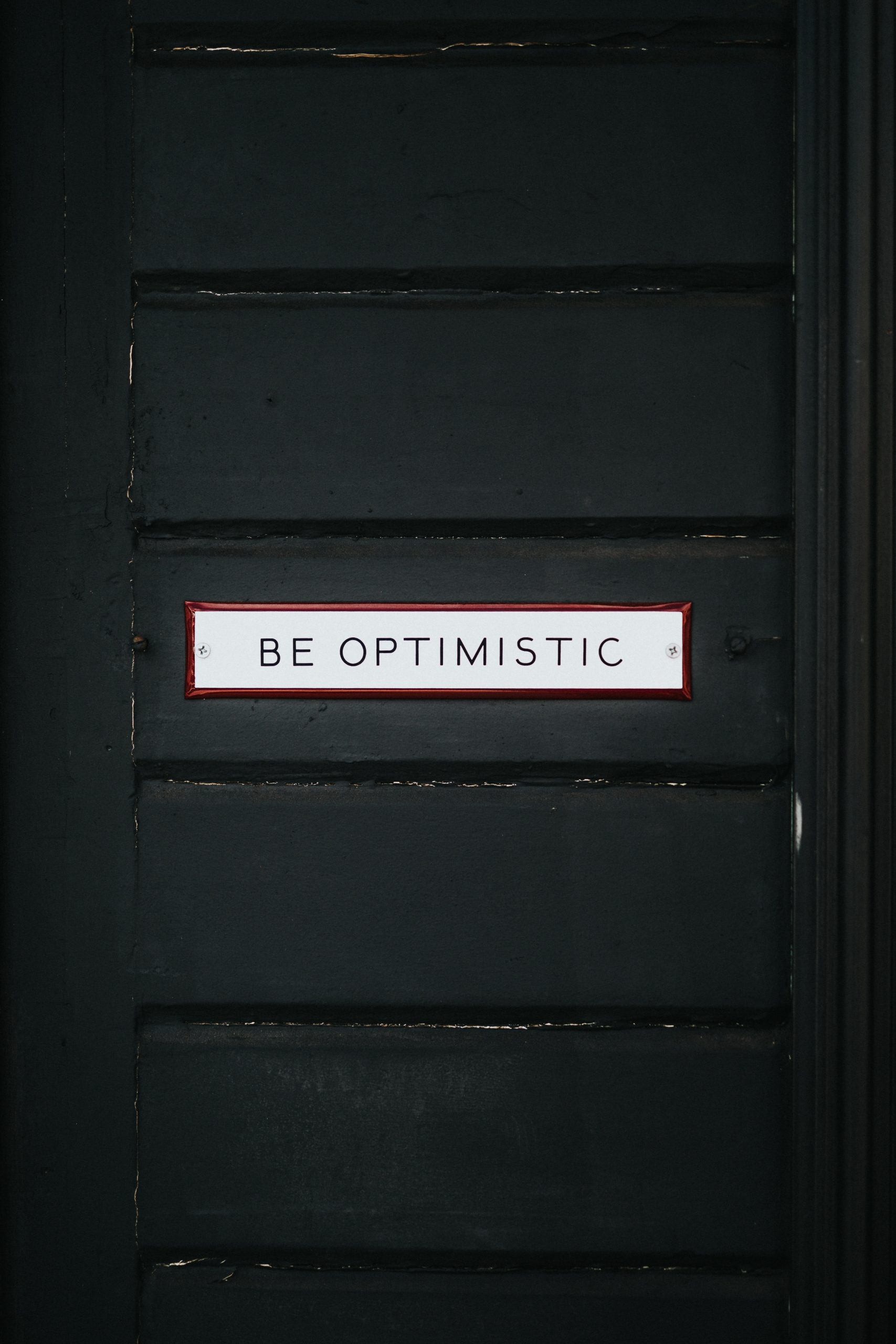The Meaning of the Full Moon in English
The full moon has captured human imagination and fascination for centuries. As the brightest and fullest phase of the lunar cycle, it has been a source of inspiration for poets, artists, and storytellers across cultures. In English literature and folklore, the full moon holds various meanings and symbolisms that have shaped our understanding of this celestial event. In this blog post, we will delve into the rich symbolism and meaning associated with the full moon in English culture.
The Full Moon in Mythology and Folklore
The full moon has been a central element in mythologies and folklore around the world. In English culture, it has often been associated with supernatural entities and eerie occurrences. For example, the full moon is believed to be connected to werewolves, mythical creatures that transform from human to wolf form during this lunar phase. The idea of werewolves roaming under the full moon has permeated English folklore, inspiring numerous tales and legends. The full moon is also linked to witches and witchcraft, with witches often said to gather and perform rituals under its light.
Beyond its supernatural associations, the full moon holds a deeper symbolic significance in English culture. It is often seen as a representation of change and transformation. Just as the moon goes through its phases, from dark to full and back to dark again, so too do our lives experience cycles of growth, renewal, and introspection. The full moon serves as a reminder to embrace these cycles and let go of what no longer serves us.
The Full Moon and Lunar Calendar
In addition to its cultural symbolism, the full moon plays a crucial role in the lunar calendar. Dating back thousands of years, the lunar calendar is a system that tracks the moon’s cycles to determine the passage of time. The full moon marks an important moment in this calendar, helping to define months and seasons.
In English, each full moon has been traditionally given a unique name, often derived from nature or agricultural events. These names provide insights into the culture and traditions of the people who named them. Here are some examples:
| Full Moon Name | Meaning/Origin |
|---|---|
| Harvest Moon | The full moon closest to the autumnal equinox, marking the time when farmers traditionally harvested their crops. |
| Wolf Moon | A reference to the idea that hungry wolves would howl at the full moon during the winter months. |
| Strawberry Moon | The full moon that occurs during June, as strawberries ripen and are ready for picking. |
These names not only provide practical markers for the lunar calendar but also showcase human connection to the natural world and the seasons.
The Full Moon and Spiritual Significance
Throughout history, the full moon has been venerated as a symbol of spiritual illumination and enlightenment. In English culture, it is often seen as a time for reflection, meditation, and setting intentions. Many spiritual practices and rituals are centered around the full moon, harnessing its energy for personal and collective growth.
During a full moon, the energy is believed to be heightened, making it an ideal time to release what no longer serves and manifest desires. Some people write down their intentions and release them under the light of the full moon, symbolically letting go of what holds them back. Others engage in moon gazing or meditation, seeking clarity and illumination during this powerful phase.
The Full Moon and Emotional Effects
It is commonly believed that the full moon can have an impact on human emotions and behavior. The phrase “lunatic,” meaning someone who acts strangely or unpredictably, actually derives from the Latin word “luna” meaning moon. While scientific research has not conclusively proven a direct correlation between the full moon and human behavior, anecdotal evidence and folklore persist in suggesting a link.
Many people claim to experience heightened emotions, restlessness, or even sleep disturbances during the full moon. This phenomenon has been dubbed the “Transylvania effect” or “Transylvanian syndrome” by some researchers, although its validity remains a subject of debate.
Conclusion
The full moon holds a special place in English culture, encompassing a rich tapestry of symbolism, mythology, and spiritual significance. From its association with werewolves and witches to its role in the lunar calendar and agricultural traditions, the full moon has left an indelible mark on literature, folklore, and human imagination as a whole. Whether you view it as a time for personal reflection, a source of inspiration, or simply marvel at its natural beauty, the full moon continues to captivate and intrigue us, connecting us to the rhythms of nature and the universe.
Table of Contents
